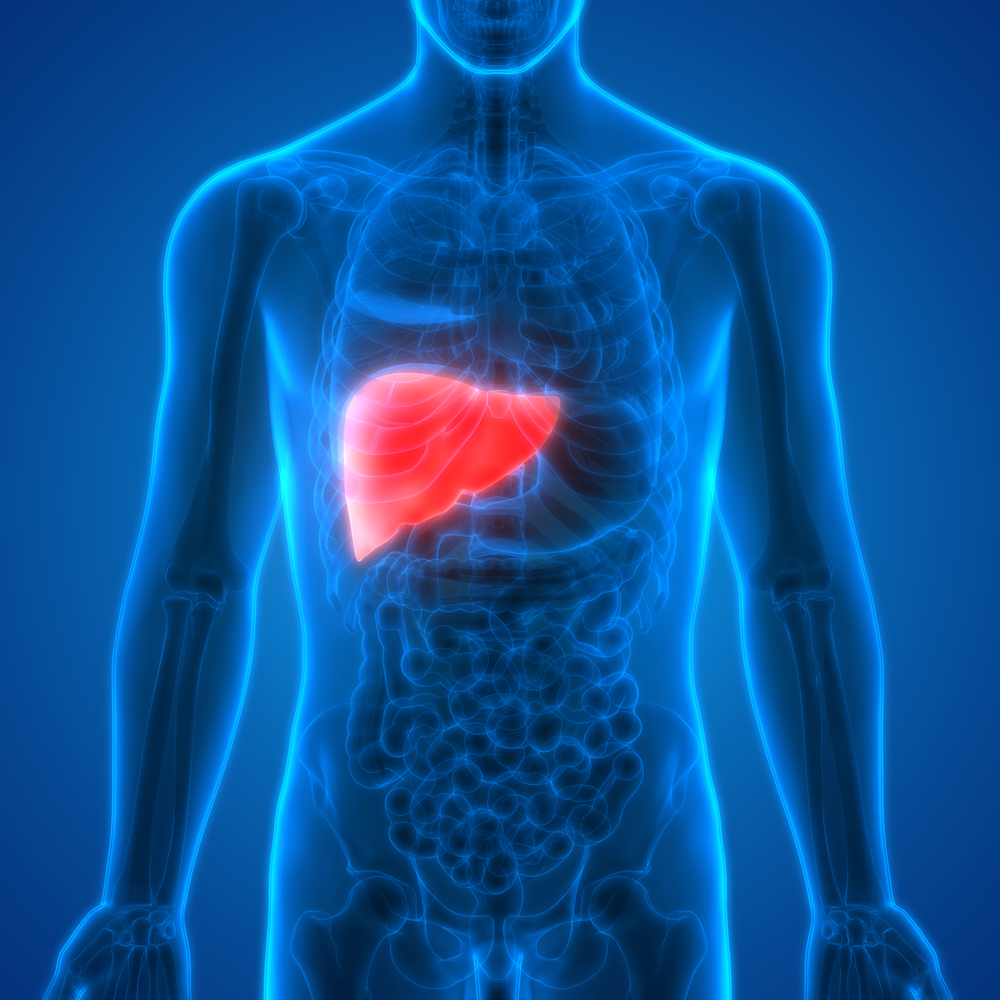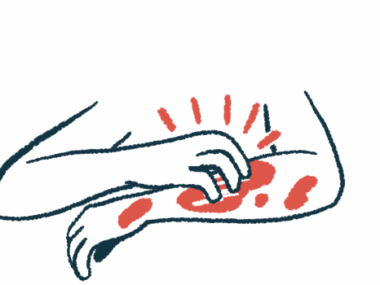PCT Patients More Likely to Develop Certain Cancers, Die Prematurely, Study Says
Written by |

Patients with porphyria cutanea tarda have higher risks of developing liver and other types of cancer and of dying prematurely compared to individuals from the general population, a study says.
The findings of the study, “Porphyria cutanea tarda increases risk of hepatocellular carcinoma and premature death: a nationwide cohort study,” were published in the Orphanet Journal of Rare Diseases.
Porphyria cutanea tarda (PCT) is the most common form of porphyria. It is characterized by skin abnormalities (sunlight sensitivity, skin peels or blisters, changes in skin tone, etc.) caused by low levels of a liver enzyme called uroporphyrinogen decarboxylase (UROD). This enzyme is required for the production of heme — a molecule essential for red blood cells’ oxygen transport and compounds’ breakdown in the liver.
“PCT is associated with hepatocellular carcinoma (HCC), and persons with PCT may also have increased risk of premature death. The main risk factors for HCC in the general population include Hepatitis C and B and excessive alcohol intake. Whether PCT increases the risk for HCC over and above the risk caused by associated susceptibility factors is controversial,” the researchers said.
In this study, researchers from the University of Bergen in Norway and their collaborators set out to investigate whether PCT patients were more likely to develop certain types of cancer and die prematurely compared to individuals from the general population. In addition, they also wanted to find out whether any increased risk in PCT patients was due to lifestyle factors, or if it could be linked to PCT itself.
The cohort-based study included data from 5.4 million people over age 18 who were living in Norway between 2000 and 2016. Data was obtained from five nationwide Norwegian population- based sources: the Norwegian Porphyria Registry, The Cancer Registry of Norway, The Cause of Death Registry of Norway, Statistics Norway, and the Norwegian Labour and Welfare Administration.
Cancer diagnoses and causes of death were assessed by record linkage across national registries. All hazard ratios (HRs) were adjusted for age, sex, education, and calendar years normalization. Analyses also included comparisons between PCT patients and 30,468 people with a history of alcohol abuse.
From the 5.4 million records obtained, investigators identified 612 people with PCT, including 255 with sporadic PCT, 255 with familial PCT and 102 with unclassified PCT.
Results showed that PCT patients were more likely to receive a diagnosis of HCC and gallbladder and biliary tract cancer compared to individuals from the general Norwegian population.
Specifically, PCT patients were 19.7 times more likely to be diagnosed with HCC and 6.8 times more likely to be diagnosed with gallbladder and biliary tract cancer than individuals from the general population.
Remarkably, the risks of developing HCC (3.1 times) and gallbladder and biliary tract cancer (4.0 times) remained higher in PCT patients even when they were compared to people with a history of chronic alcohol abuse.
In addition, analyses revealed that PCT patients were 1.5 times more likely to die at a younger age compared to individuals from the general population because of cancer (1.4 times), liver disease (5.5 times), and drug and alcohol abuse (9.9 times).
“We found that compared to the general population, persons with PCT had a high risk of HCC and death from alcohol or drug abuse. In addition, they had moderate excess risks of gallbladder and biliary tract cancers and of premature death in general. Although it is likely that most of our findings can be explained by common lifestyle risk factors, something inherent in PCT may contribute in part, or by interaction with, lifestyle factors to the development of HCC,” the scientists concluded.





